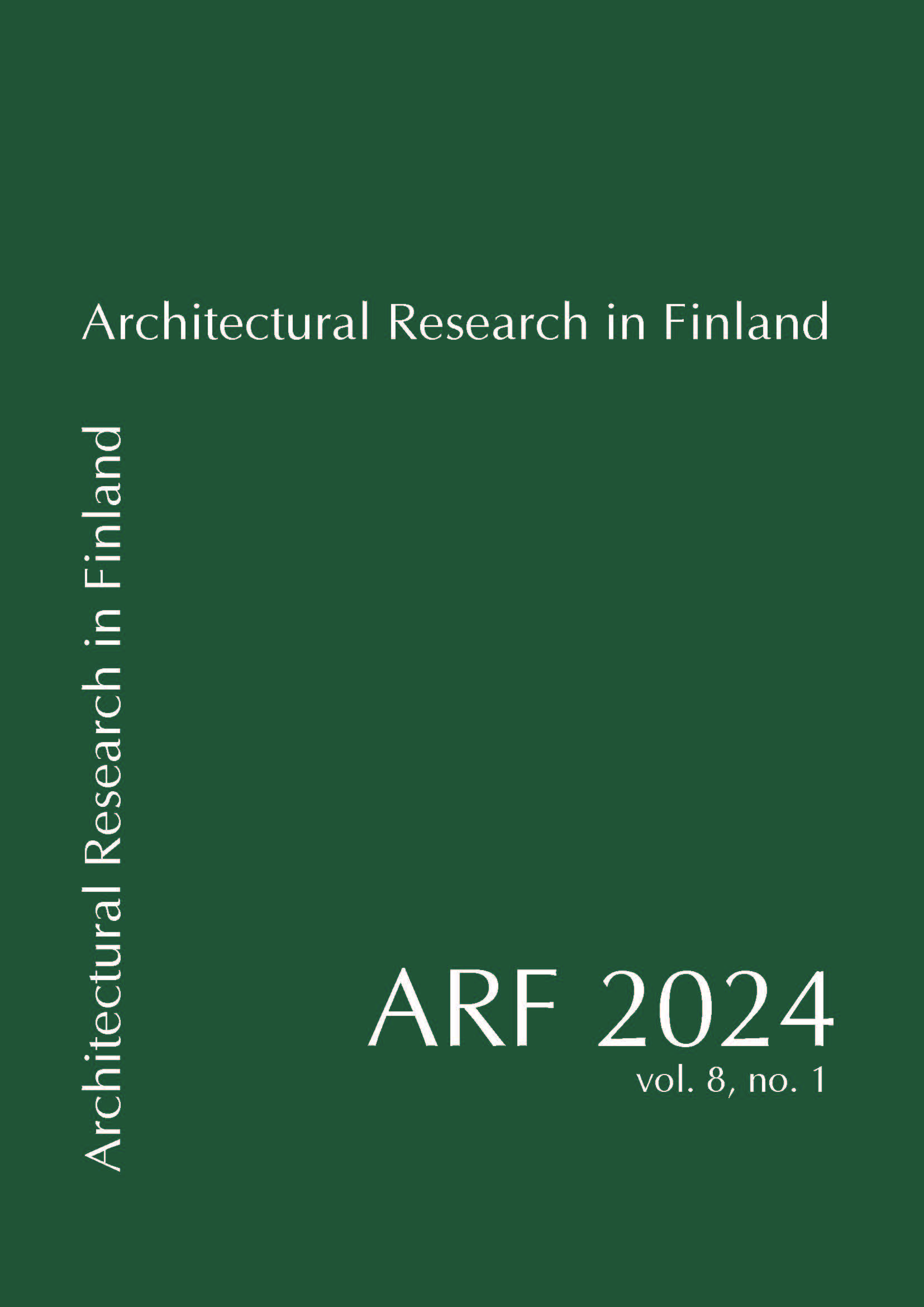Transformation of Architectural Design-Research Pedagogy
Guidelines for the design of an experimental master’s course based on disorienting dilemmas
DOI:
https://doi.org/10.37457/arf.146879Keywords:
transformation, architectural design studio, research through design, constructivist pedagogies, disorienting dilemmasAbstract
This paper addresses the concept of transformation as a restorative practice with great potential in architectural education. The concept was used as the foundation of a post-professional, research-oriented master’s degree design studio held for the first time during the spring semester of 2022 as a collaboration between two European universities. Conventionally understood as the action of ‘transmuting something into something else’, transformation implies acknowledging and reinterpreting pre-existences, and therefore challenges creation ex novo, which is a notion traditionally more prevalent in heritage and conservation courses rather than in design courses. However, the potential of this concept can be exploited at different and complementary levels, as this paper aims to demonstrate. This choice was motivated by the imperative of sustainability, where the ethos of reutilisation takes precedence by purposely narrowing scope and concentrating design research strategies on transformative processes.
To be precise, the above-mentioned pilot course explored the concept of transformation from a twofold perspective. Firstly, transformation was understood as a research-through-design strategy that showed students how transformative design actions could be used as actual methods for theoretical research at postgraduate level, interweaving the logics of the creative act with the logics of research and thinking processes. Secondly, transformation was explored from a deeper pedagogical perspective, in line with constructivist approaches and theories of the self, with the specific ambition of triggering significant changes in the way students and teachers think and act. This latter approach led to the application of Jack Mezirow’s (1991) notion of ‘disorienting dilemmas’ as the main educational device of the course, which in turn became a key innovative input for reconsidering the research-through-design methodology. Both levels in which the concept of transformation was used in the course were tied together and intertwined thanks to their interpretation as Raumgeschehen, (‘spatial events’), borrowing Hille von Seggern’s (2019) term.
To evaluate the implications of such a pedagogical proposal, this paper poses and tries to answer three main questions: 1) What are the contributions of the concept of transformation – as conceived, implemented and tested in this course – to the body of knowledge of research through design in educational contexts? 2) To what extent can this understanding of transformation be considered a restorative practice for the architectural discipline? and 3) What would the main guidelines to follow to refine the course for future iterations or to put it into effect in other contexts be?
To answer these questions, authors have used a mixed-method approach, combining a literature review on the concept of transformation and a critical analysis of the students’ performance and other empirical data extracted from a post-course survey taken by both students and teachers. The paper shows the relevant work of the students participating in the course. By assessing their specific achievements, this analysis also serves to identify key guidelines for future iterations of the course or application in other contexts. Ultimately, the study reflects upon the values and possibilities introduced by the concept of transformation within architectural design-research pedagogy on a more general level, inspired by a wide understanding of sustainability.




